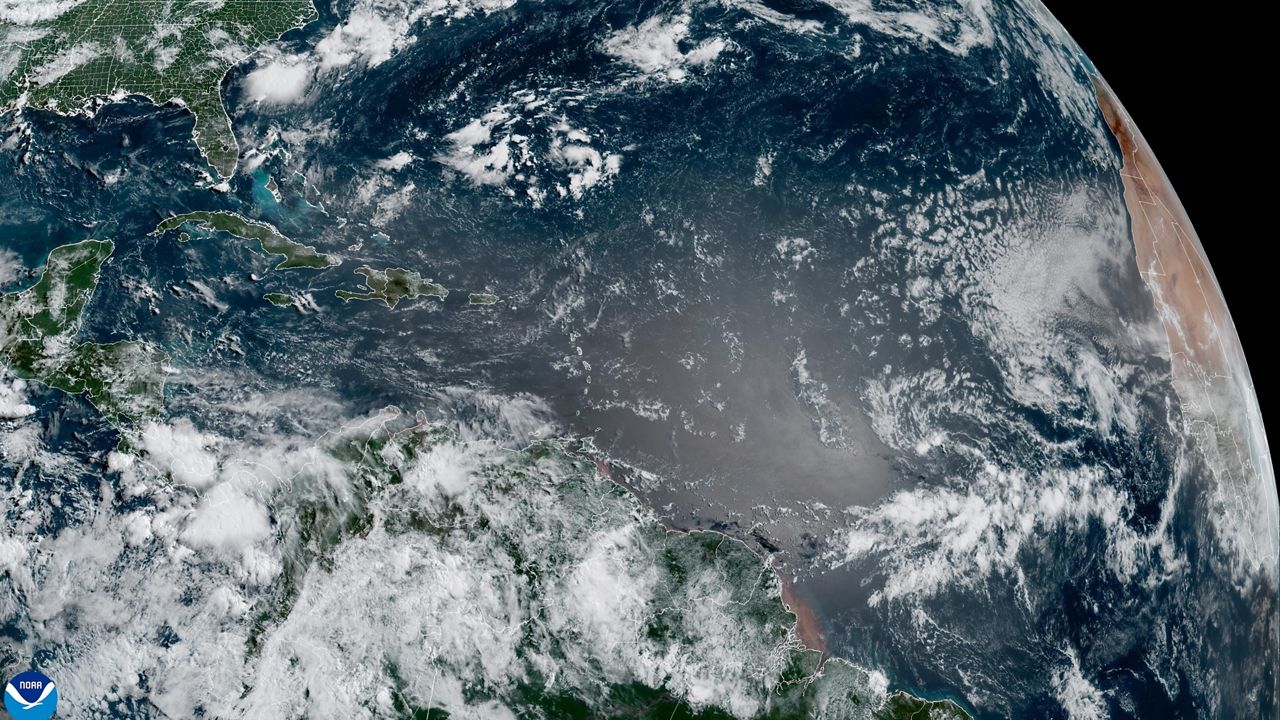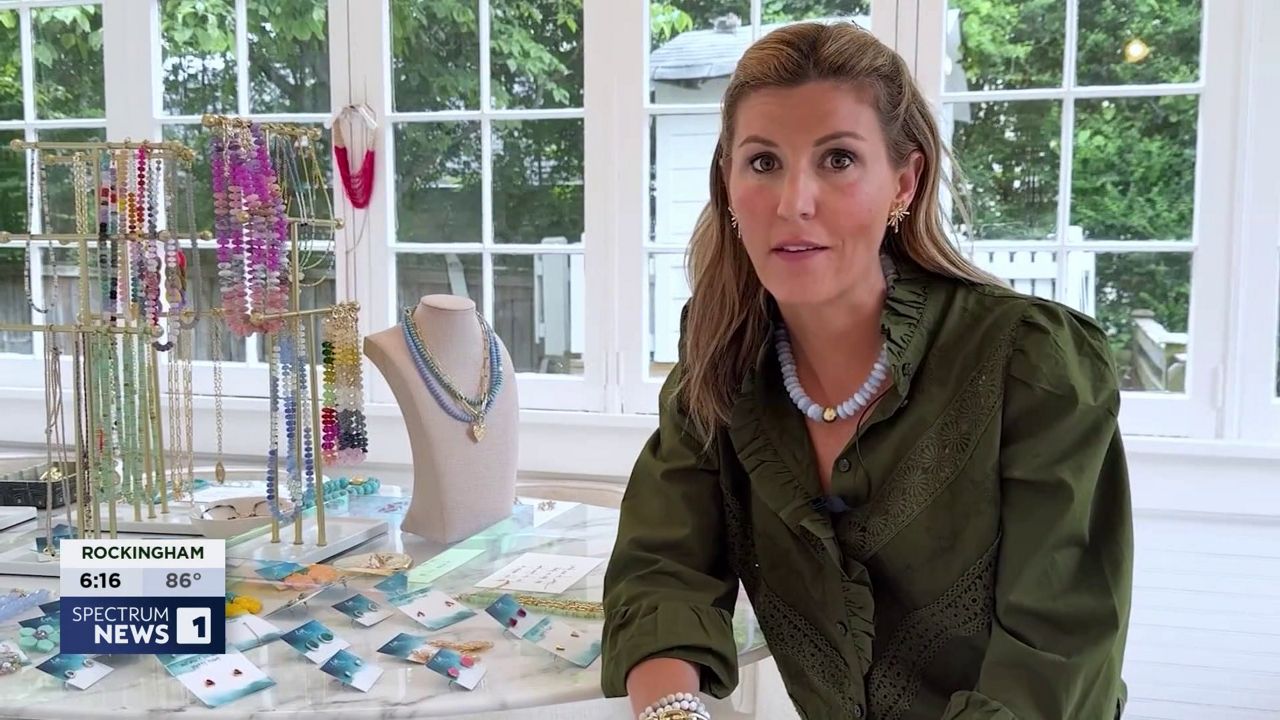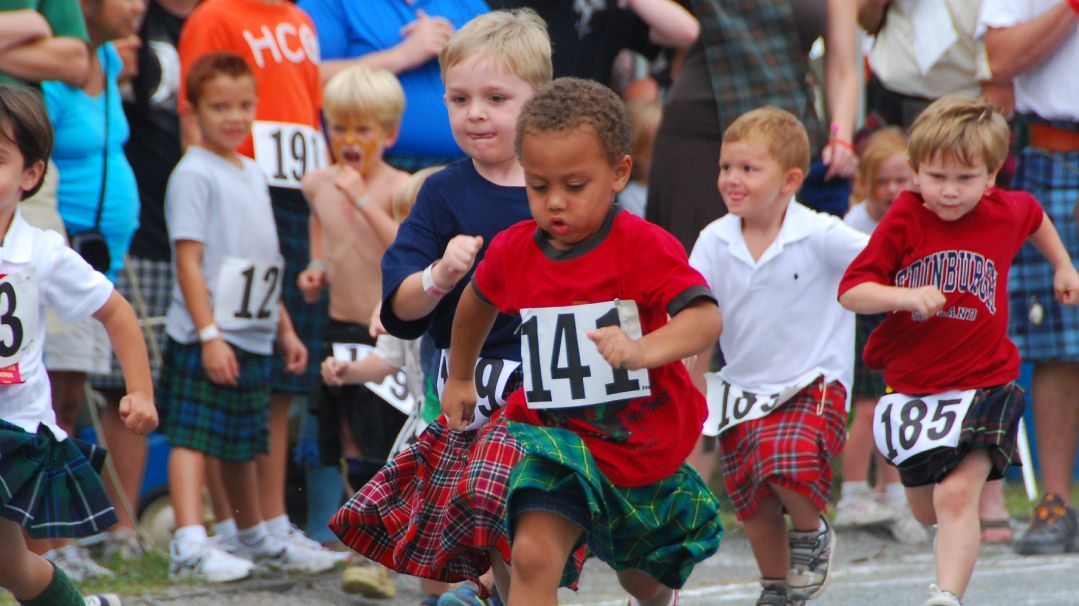CHARLOTTE, N.C. — A recent report reveals a record number of children in the U.S. lost a parent they lived with during the pandemic.
The national nonprofit Evermore, which aims to improve the lives of bereaved children and their families, released the findings to advocate for federal support to address childhood bereavement.
Beyond heart disease and cancer, the report states leading causes of death are homicide, overdoses, traffic fatalities and suicide.
According to the findings, in North Carolina 34,581 children lost a parent between 2020 and 2022. Among the deaths, 2,575 were due to COVID-19.
Quaneka Edmonds is the founder of Connecting the Gap, a nonprofit that helps young adults who have lost a parent. She is not surprised by the findings.
“I feel like I’ve been able to shine a light on a population that a lot of people forget about. You have that initial moment when a child loses a parent but where is everybody else after?” Edmonds said.
Edmonds was 14 when her mother died of breast cancer. She started her organization in 2020 to help those in similar circumstances.
Gonzie Burns is one of the children her group is helping. The 11-year-old and his 14-year-old brother lost their mother, Bianca Latrice Doster, in 2021 to an overdose.
According to Evermore, in 2021 the U.S. reached a 20-year-high for the number of bereaved children with 12,762 in our state losing a parent.
Burns shared some of his feelings about losing his mother with his great aunt Cynthia Shipley.
“He took it really hard. He still misses her. He said he still dreams about her,” Shipley said.
The children live with their grandparents and family members, including Shipley, step in to help.
Connecting the Gap has linked the brothers with mentors and sponsors their participation in sports.
“Since we’ve connected them with those mentoring groups, they have improved in school and their behavior has improved,” Edmonds said.
She said if no one helps bereaved children cope with grief, there are risks.
“They start getting in fights. They have no motivation, no self-esteem, depressed and mental illnesses,” Edmonds said.
Since 2020, Connecting the Gap has served 15 families, but Edmonds knows there is a greater need.
Shipley is grateful for the group’s help, which she said is already making a difference.
“Being able to do different things has really helped him grow,” Shipley said.
Connecting the Gap also connects children with therapists and provides resources for them to be successful after graduation.
Edmonds said she welcomes collaborations with other groups to support grieving children.









